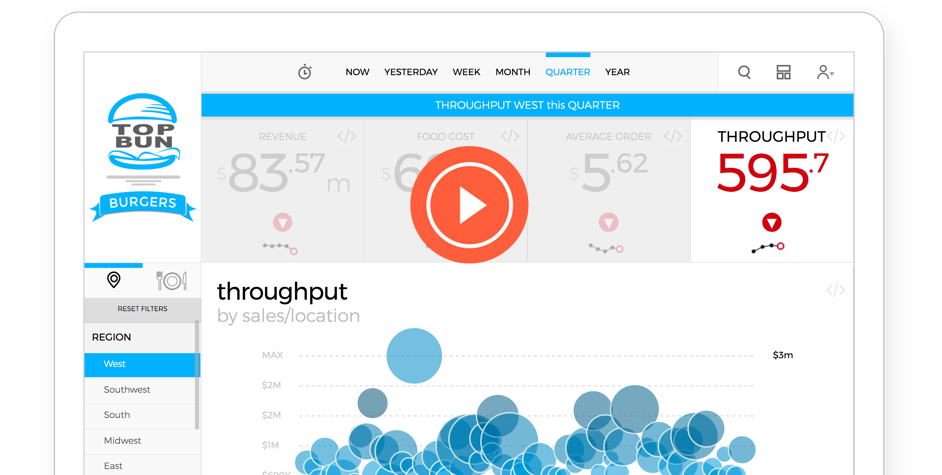Why Today’s Employees Need Data Skills (and How to Make That Happen)
In an increasingly interconnected society, data keeps growing. On the consumer end, everything we do in our daily lives creates data. On the enterprise front, big data has become a valuable tool for companies to get access to actionable insights and strategize for the future.
By 2020, new information generated each second for every human on Earth will be roughly equivalent to 1.7 megabytes.
Some of the globe’s most popular websites serve as massive data-collection systems. Facebook users send at least 31 million messages each minute. 300+ hours of video are uploaded every minute on YouTube. At least 3.46 billion Google searches are carried out each day.
A common thought at many companies is some data is always better than none. This mindset often does more harm than good. Data without a proper foundation and culture to interact with it is pretty much worthless.
A competitive business environment means every edge counts. The effective use of data, no matter how small, can be a significant boon to any organization.
But data is no longer just a tool for the analytics dashboard. All employees in today’s working world need to be data literate and skilled enough so they can think critically about information and use it to make effective decisions.
How to Equip Employees with Strong Data Skills
According to IDC, spending on big data and analytical products is expected to surpass $200 billion by 2020. However, many companies are plagued with poor data literacy among employees.
Cloudera chief data and information officer Amy O’Connor believes a strong grasp of statistics is necessary for employees to understand data. She says a lack of this knowledge means you won’t be able to ask the appropriate questions to ensure a useful answer comes out of the data.
Other essential steps companies should take to ensure employees are data-literate include:
Widen Information Access: Employee’s data skills often suffer because they do not have information readily available to them. A data-literate company takes steps to ensure all workers have direct access to information. Tools that let users search, analyze and share are pivotal to businesses sustaining the knowledge-discovery process.
Lead Off with Data: Merely providing access to data does not mean it will get used. Strong data skills come once employees get used to working with an information-focused mindset. Bosses should encourage employees to back up claims and arguments with data. Company meetings should be data-intensive. Senior executives should not be shy about explaining how a particular decision was influenced by data.
Teach Effective Communication Skills: A toolbox of data skills is not complete without the ability to communicate results to others. The ability to understand complex information and break it down in a way that makes it easy to understand is important because, per O’Connor, “that’s where you [are] starting to bridge between the art and the science of data.”
Self-service analytics dashboards like ThoughtSpot facilitate communication further through something called embedded analytics. Instead of insight being discussed, the finding (and visualization) can be shared with relevant employees without losing anything in translation.
Promote Critical Thinking: Data is far from perfect. It can be incomplete, out of date, irrelevant, and so on. Spending time on the wrong data will waste everyone’s time and result in poor decisions.
Data-literate employees are taught how to think critically. This helps to evaluate the information at hand to understand what is needed. Bosses should focus on coaching employees away from drawing conclusions too quickly or just focusing on results that support pre-conceived notions (confirmation bias).
Many online educational platforms, like Coursera and edX, offer introductory courses on data analysis. Employees who are interested in a more hands-on approach can ask their company for data and then work with it through Excel or a data visualization program.
Data-Literacy Is the Future
Hiring a few experienced data analysts can pay off for your company’s bottom line. Spreading data across a company by empowering employees to become data literate can transform a business.
Workers who are data literate can fully take advantage of powerful business intelligence software and analytics dashboards to see how information fits together. This knowledge can be used to make money for the company.




